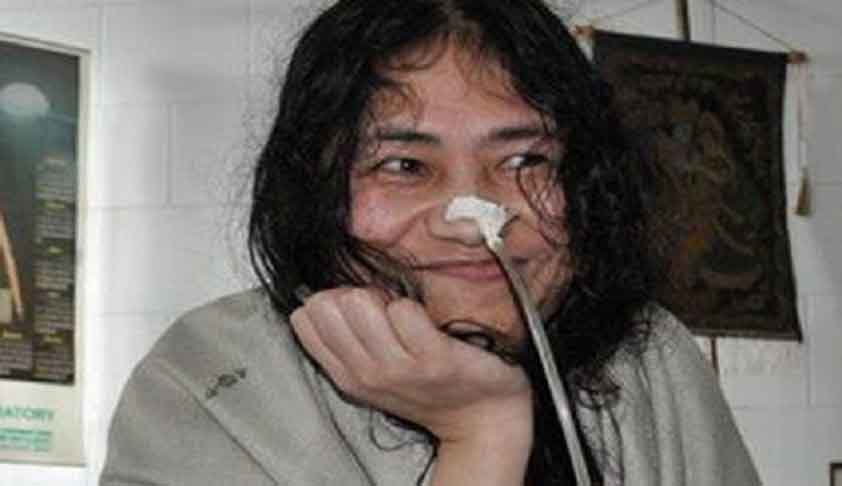- Home
- /
- News Updates
- /
- Activist Irom Sharmila allowed to...
Activist Irom Sharmila allowed to appear before a Delhi Trial Court
Anoop Koneeri
14 May 2014 12:21 PM IST
Human Right Activist Irom Sharmila, who is undergoing a prolonged hunger strike, is allowed appear before a Trial Court in Delhi on May 27, 2014.Chief Judicial Magistrate Court at Imphal had given permission to her as the Delhi court had ordered her appearance in connection with her protest at Jantar Mantar. In 2006, she landed at Jantar Mantar in connection with her Hunger Strike and...
Tags
Activist Irom SharmilaAdvocate Mani KhaidemAmnesty InternationalAnti-Armed Forces (Special Powers) ActChief Judicial MagistrateDelhi Trial CourtG AnanthapadmanabhanHunger StrikeIrom SharmilaJawaharlal Nehru Institute of Medical Sciences (JNIMS)Justice Santosh Hegde CommissionMalom Massacrethe Ram Lila Maidan Incident case
Next Story



